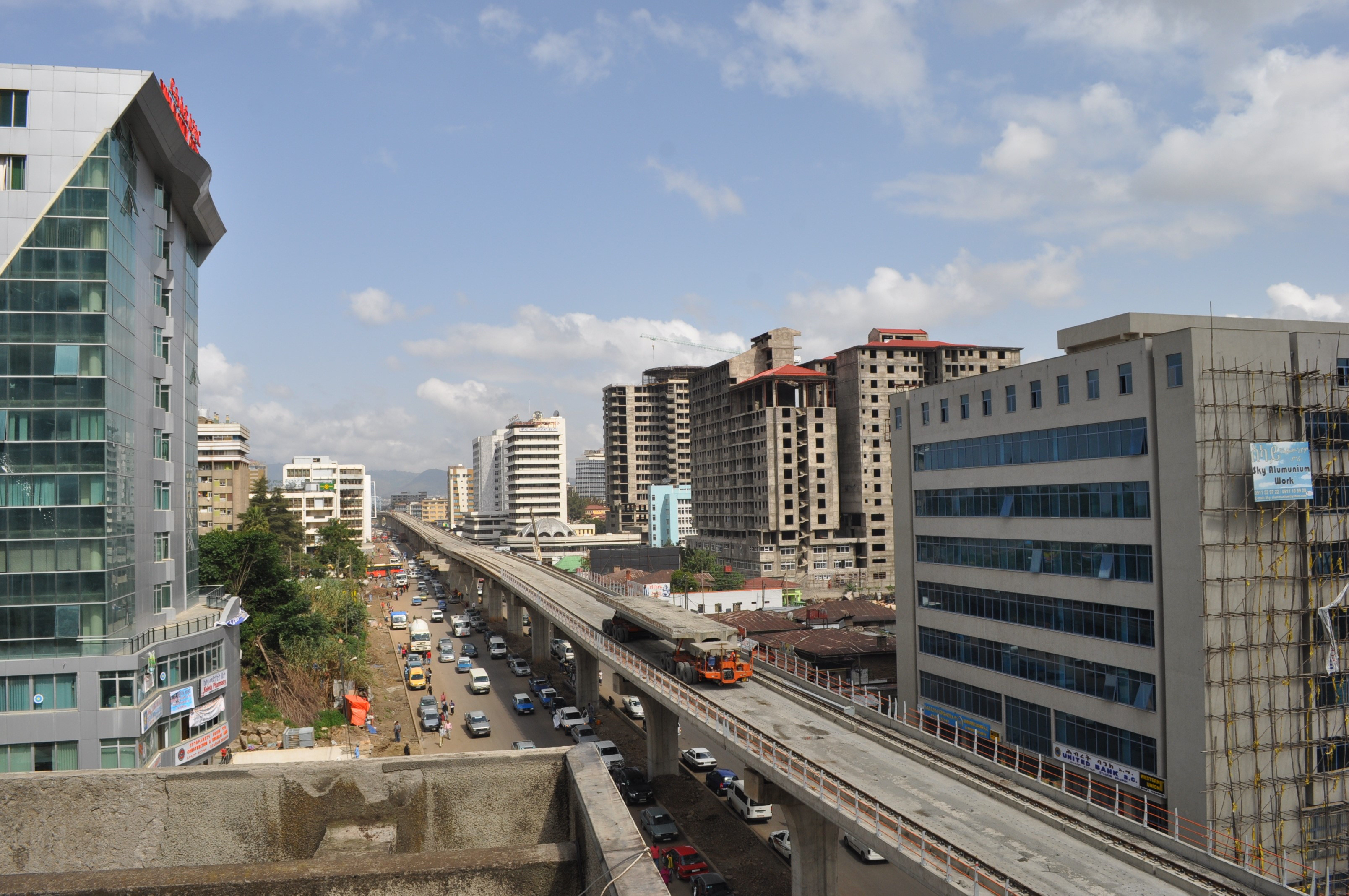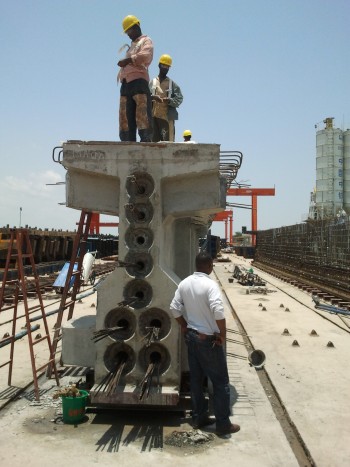Climate Finance for Railway Development in Ethiopia
Climate Finance for Railway Development in Ethiopia
Building electrified railways lays the basis for low carbon transport and in a country like Ethiopia, also responds to the country policy to expand domestic income without increasing greenhouse gas emissions. Without railways, the emissions from the transport sector will increase from 5 million tons of CO2 in 2010 to 41 million tons of CO2 in 2030. The development of the railway and supported projects will result in significant GHG emissions reductions of 9 million tons CO2/year by 2030 and support Ethiopia’s ambition for a carbon neutral economy by 2025.

The objective of this project is to support the construction of over 5,000 km of railway by securing international climate finance. The trains will make use of domestic hydropower, which is not only a clean and reliable source of energy that does not directly emit greenhouse gases, but will also ensure that the growth of Ethiopia’s economy will be independent of imported fuels. Construction of the first railway line connecting Addis Ababa with Djibouti Port is expected to be commissioned in 2015.
Since 2013, Climate Focus has been working as part of an advisory team embedded in ERC for hands-on capacity building. The initial phases of the project included the preparation of necessary documentation (e.g. a climate finance investment plan and a monitoring, reporting and verification system) and the implementation of training courses.

Construction of the railway
The ERC’s climate finance proposals were announced in September 2014 and are based on three pillars: addressing both market-based mechanisms (carbon credits) and non-market mechanisms (e.g. NAMA funding); securing funding while positioning ERC in the international arena; and learning by doing to build capacity and create readiness, both within ERC and at the national level, for future climate finance opportunities.
ERC has registered the railway development as a NAMA in the UNFCCC NAMA Registry. Over the past months, ERC has submitted funding proposals of over USD 20 million to international agencies including the German/British NAMA Facility, the African Development Bank and UNOPS, a UN agency. A funding request to the Green Climate Fund is being prepared. Climate Focus is currently assisting with the marketing of these climate finance proposals with funders and exploring other innovative forms of climate finance.






